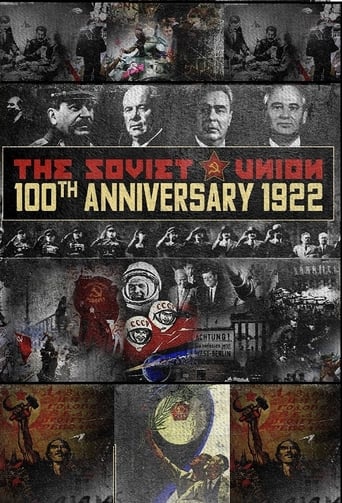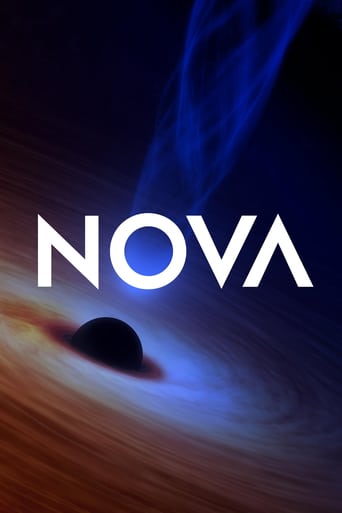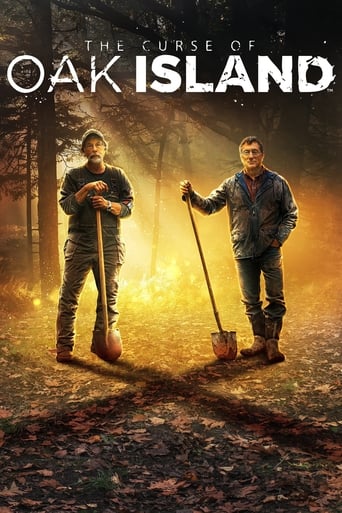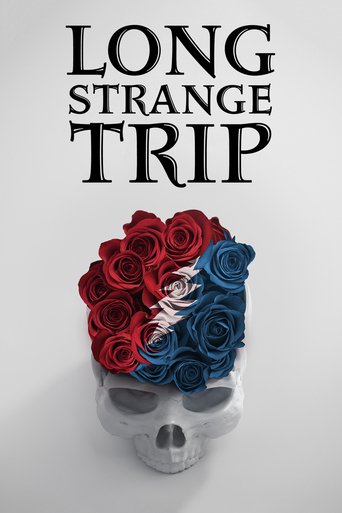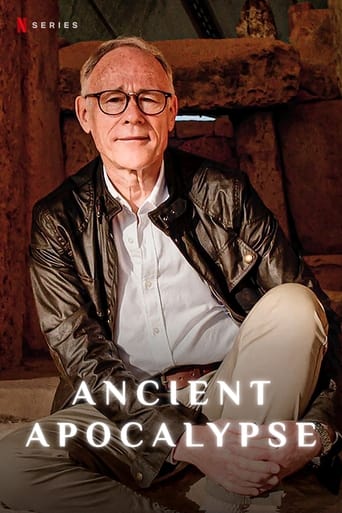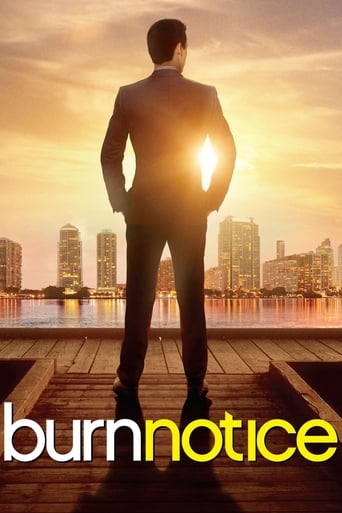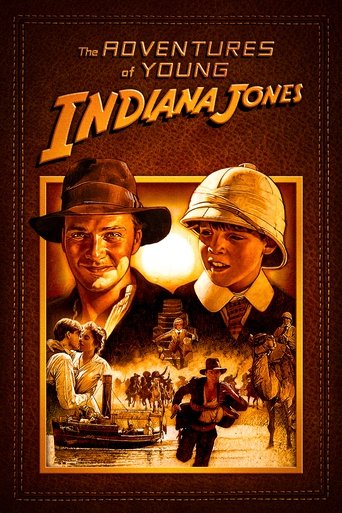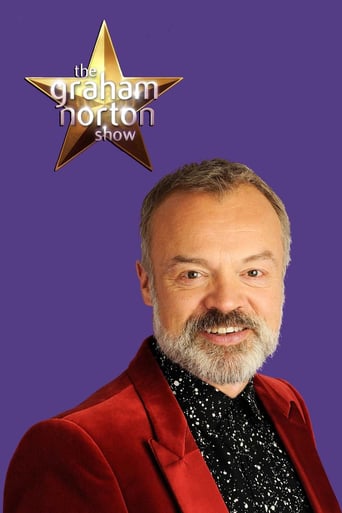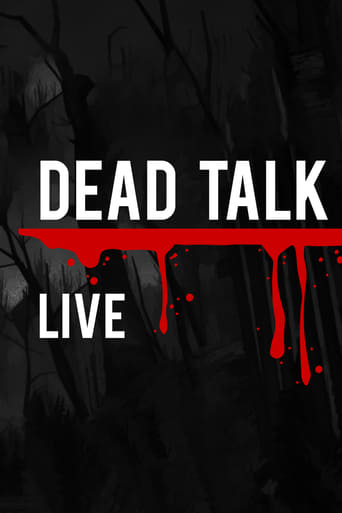The Soviet Union: 100th Anniversary 1922 (2022)
The Soviet Union: 100th Anniversary 1922
2022
The Soviet Union was officially formed in 1922, a country, a political experiment, an ideal, a great scar across history. Officially known as the Union of Soviet Socialist Republics, the USSR was a one-party state, governed, controlled, and tormented by a single party rule. That of the Communist Party. Complicated, contradictory figureheads would come and go, men who held this impossible country it seemed by sheer will. Stalin the despot-hero whose cruelty knew few bounds who united a nation to defeat Hitler. Khrushchev the crafty libertarian, who preached reform yet allowed an arms race to escalate. Brezhnev, that unreadable member to the old guard, sending history backwards. And of course Gorbachev, who brought vast change, modernisation, and détente, yet saw the Soviet Union collapse under his rule – the untenable nation. The 20th century was shaped by its convulsions, its purges, its wars, and its leaders.
Seasons & Episode
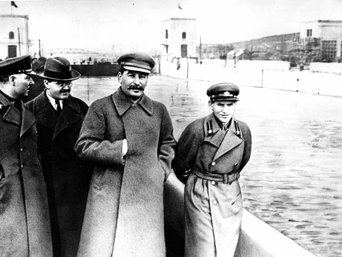
The Soviet Union was formed on 30th December 1922 after five years of civil war. Stalin’s iron fist and his Great Purge gave him unopposed murderous rule over the country, while heroically defeating Hitler’s onslaught on Kursk and Stalingrad between 1941-43 effectively won WWII for the allies, and helped mark out his geopolitical world and power until his death in 1953.
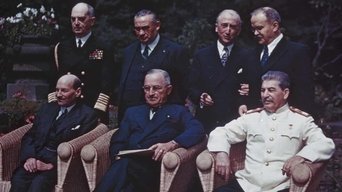
With the pace of the 1950’s Cold War increasing, alongside the the space race and the Berlin Wall, the decision to join forces with Cuba and build missile sites there brings the world to the brink of disaster. While the Cuban Missile Crisis is averted and a peace settlement reached, not long after JFK is assassinated in 1963 by Lee Harvey Oswald, a US Marine veteran who had defected to the Soviet Union in 1959.
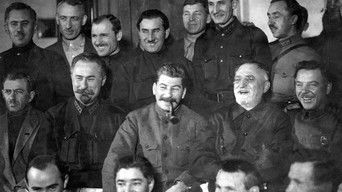
With the escalation of nuclear missiles globally, Brezhnev invades Czechoslovakia in 1968, as the proxy East vs West war in Vietnam continues. Following the catastrophic invasion of Afghanistan in 1979, a new era begins with Mikhail Gorbachev, as his bold statements quickly lead to a withdrawal from Afghanistan, and by 1989, the collapse of communism. That same year the symbolic Berlin Wall falls, with the end of the Soviet Union formally declared in August 1991.
The Soviet Union was officially formed in 1922, a country, a political experiment, an ideal, a great scar across history. Officially known as the Union of Soviet Socialist Republics, the USSR was a one-party state, governed, controlled, and tormented by a single party rule. That of the Communist Party. Complicated, contradictory figureheads would come and go, men who held this impossible country it seemed by sheer will. Stalin the despot-hero whose cruelty knew few bounds who united a nation to defeat Hitler. Khrushchev the crafty libertarian, who preached reform yet allowed an arms race to escalate. Brezhnev, that unreadable member to the old guard, sending history backwards. And of course Gorbachev, who brought vast change, modernisation, and détente, yet saw the Soviet Union collapse under his rule – the untenable nation. The 20th century was shaped by its convulsions, its purges, its wars, and its leaders.
Watch Trailer
Free Trial Channels


